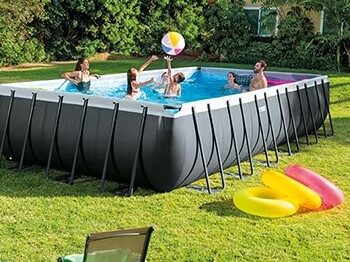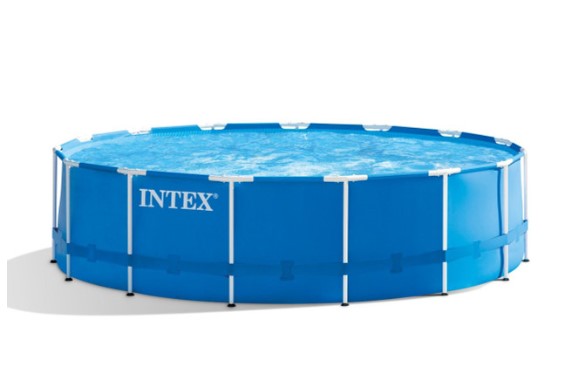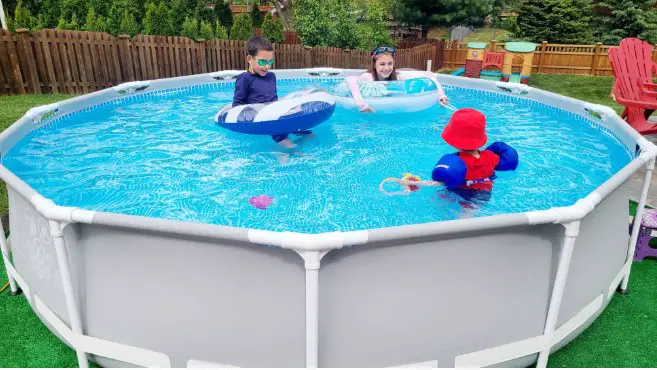Table of Contents
Many people consider it a luxury to have a hot tub at home. Nothing is more relaxing and indulgent than a soak in a hot tub on a cool evening, drink of choice in hand, and water jets blasting.
But for others, a hot tub is a necessary part of their ongoing treatment for illness or injury – used in hydrotherapy for a number of medical conditions including stroke recovery, Arthritis, Chronic back pain, Type II Diabetes, Chronic depression or fatigue, and certain injuries.
According to section 213(a) of the tax code, medical expenses are tax-deductible on any medical treatment or equipment if its main use is “the diagnosis, cure, mitigation, treatment or prevention of disease. They include the costs of equipment, supplies, and diagnostic devices needed for these purposes.”
To be able to claim medical deductions on a hot tub, you must have a prescription written by a medical doctor. Without this verification, the IRS will not consider your hot tub purchase a medical necessity.
If anyone other than the person named on the prescription will also be using the hot tub for leisure, it is likely that any tax deductions still available to you will be significantly reduced.
Once you’ve secured a prescription, it’s essential to consider what type of hot tub you’re going to buy. A one to three-person tub would be considered appropriate for medical tax deductions.
In contrast, an eight or nine-person tub would not be eligible, as it’s likely that you don’t actually need a tub that big to fulfill any medical requirements.
Any extra add ons such as lights, tiling, and built-in sound systems will not be eligible, as these go beyond the doctor’s recommendations and are not necessities.
However, if you decide to buy a bigger tub, don’t try to deduct the entire cost, as this could get you into a lot of trouble. Instead, deduct the price of a one to two-person tub and be ready to pay the complete difference between the bigger and smaller sizes.
Another essential step to take to stay within IRS guidelines is to track your expenses. Keep hold of your physical prescription and make sure it’s dated before the purchase of your hot tub.
Hang on to all receipts related to the tub and its essential accessories, maintenance, and installation costs.
The expenses for future routine maintenance may also be deductible if your health status doesn’t change in that time, so it’s a good idea to file all of these receipts and invoices safely away for future reference.
Something else worth considering is how long it takes for the injury or illness to be resolved. For example, suppose you are in an accident that results in a debilitating injury for which a hot tub has been prescribed.
If that injury is completely healed a few months later, then medical care will no longer be the primary use for the hot tub. In this case, any use of the tub after that period will not be tax deductible for medical reasons. However, the period of use may still be deductible.
It’s also vital to keep on top of your tax filings. There are many conditions that must be met, aside from medical requirements, in order to deduct medical expenses. The conditions include:
- Deductions must be itemized instead of using standard deductions.
- If you are under 65 years, you can only deduct medical or dental expenses that exceed 10% of your adjusted gross income.
- If you are over 65, you may deduct any medical or dental expenses in excess of 7.5% of your adjusted gross income.
You can file your taxes on Schedule A of Form 1040. Itemized deductions mean that you have to break down your tax deductions into a list of individual eligible expenses.
Can a Doctor Write a Prescription for a Hot Tub?

A tax deduction based on medical requirements usually reduces costs on hot tubs by 25% – 40%. Suppose you suffer from a medical condition that could be improved with the use of a hot tub.
In that case, you may be able to deduct expenses for its purchase and installation, provided it meets certain IRS criteria.
If your doctor has recommended that you purchase a hot tub for any medical reason, a prescription must be provided for the same.
Only if a health condition is diagnosed and verified by a medical professional can you claim tax deductions on your hot tub and required supplies.
Any other benefits that come with using a hot tub are not enough for it to qualify, however.
The IRS states, “Medical care expenses must be primarily to alleviate or prevent a physical or mental disability or illness.
They don’t include expenses that are merely beneficial to general health”. For this reason, it’s vital to ensure the prescription or recommendation is written down, as the IRS does not consider a verbal recommendation to be binding or adequate proof.
It is also recommended to consult a medical doctor specifically, as recommendations from other medical professionals such as nurses or therapists may not be eligible.
Is a Hot Tub a Capital Improvement?
According to the IRS, a capital improvement is defined as “a home improvement that adds market value to the home, prolongs its useful life or adapts it to new uses.”
In order to qualify as a capital improvement, it must also last for more than a year after its installation and be of a durable and permanent nature.
Capital improvement expenses are deductible if you need to install any specialist equipment in your home – as long as the purpose of the installation is for the vital care for yourself or any dependents living with you.
If an improvement is permanent and increases the price of your home, the increase will be directly reflected by a decrease in the amount deducted from your medical expenses.
If the installation doesn’t affect the value, then the entire cost will be eligible as a medical expense. You may need to get an appraisal to check if the property price has been affected.
Summary
In conclusion, if you have a hot tub and want to write it off on taxes, you must have it prescribed to you by a doctor.
Tax deductions also apply to any vital maintenance equipment and accessories needed to maintain your tub, installation, chemicals, and other supplies.
As mentioned earlier, tax deductions can apply to the treatment of conditions such as back pain, depression, arthritis, stroke recovery, and diabetes, but this is not an exhaustive list, so do check with your doctor if your medical condition applies.
To make sure you get the full benefit of these deductions, it’s worth talking to a tax professional and looking through all of your medical expenditures to ensure you are taking full advantage of the benefits you are allowed under the law.
Tax deductions that are permitted for medical expenses are detailed in IRS Publication 502.
It’s also worth remembering that just because a hot tub may be tax-deductible, it may not be covered by your insurance. Carefully check your health care policy to ensure the company providing your insurance will cover your hot tub.
If you have an illness or injury that you think could benefit from hydrotherapy, discuss it with your doctor, get yourself a prescription, and check with the tax office that your tub can indeed be eligible for medical expense deductions.




